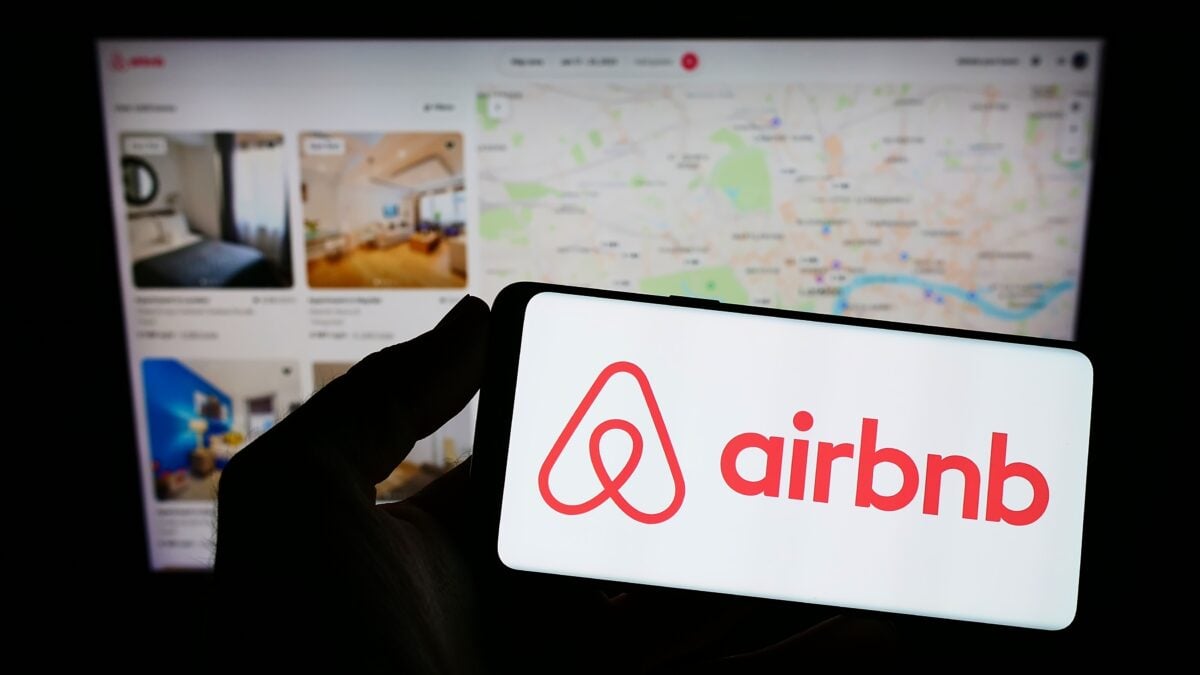TLDRs:
- Spain has ordered Airbnb to remove nearly 66,000 listings that violate tourist accommodation rules, citing unlicensed or misrepresented properties.
- A Madrid court upheld the immediate delisting of nearly 5,000 rentals, with further legal decisions pending for the rest.
- The crackdown comes amid growing anti-tourism protests and a worsening housing crisis, especially in major tourist hotspots.
- Airbnb plans to appeal, arguing it is a neutral platform and not responsible for hosts’ regulatory compliance.
The Spanish government has dealt a major blow to Airbnb, ordering the removal of nearly 66,000 listings it says breach tourist accommodation laws.
A court in Madrid backed the initial phase of this crackdown, requiring the immediate delisting of close to 5,000 properties last week. The remaining listings await further legal rulings, but the message from officials is clear: housing, not tourism profits, must come first.
Spain Punishes AirBNB
This sweeping move stems from an investigation by Spain’s Ministry of Social Rights and Consumer Affairs, headed by Pablo Bustinduy. The ministry identified listings across six key regions, including Madrid, Catalonia, Andalusia, and the Balearic Islands, that lacked proper registration, misrepresented ownership, or omitted required licensing data. These findings, officials say, reveal a systemic failure to follow regional housing rules designed to protect both residents and the broader housing market.
Bustinduy hailed the court ruling as a major milestone in defending the right to housing. In his words, it proved that “no company, however big or powerful, is above the law.” His ministry’s action also echoes growing public frustration with the social costs of Spain’s record-breaking tourism industry, which welcomed 94 million visitors in 2024.
Public Outcry Sparks Action
Behind the government’s aggressive stance is a growing tide of public protest. In the Canary Islands, more than 23,000 demonstrators recently rallied against what they view as unsustainable tourism. The movement is gaining steam as residents in hotspots like Majorca and Barcelona decry rising rents and disappearing housing stock. They argue that short-term vacation rentals are forcing locals out of their neighborhoods, leaving cities hollowed out and unaffordable.
Spanish officials appear to be listening. Prime Minister Pedro Sánchez recently criticized the “uncontrolled” growth of tourist rentals and promised a course correction. Cities such as Barcelona are going further still, with local authorities announcing plans to eliminate all short-term tourist apartments by 2028 in a bid to reclaim residential housing.
Airbnb Pushes Back
Airbnb, for its part, has vowed to fight the government’s move in court. The platform insists it cannot be held responsible for information submitted by hosts and points to a 2022 Supreme Court ruling that described it as a neutral intermediary. It also warned that restricting short-term rentals won’t fix Spain’s deeper housing supply problems. A spokesperson said that many hosts rely on the income to offset rising costs, and that blanket restrictions could hurt locals more than help them.
Notably, Spain’s clampdown on Airbnb comes at a time when cities around the world are grappling with similar issues. From Lisbon to New York, short-term rental platforms are facing increasing scrutiny from governments trying to rebalance housing access with tourism revenues.
That said, with the summer travel season approaching and protests mounting, Spain may be entering a new phase of political and legal battles over who gets to live, and profit, in the country’s most sought-after destinations.







